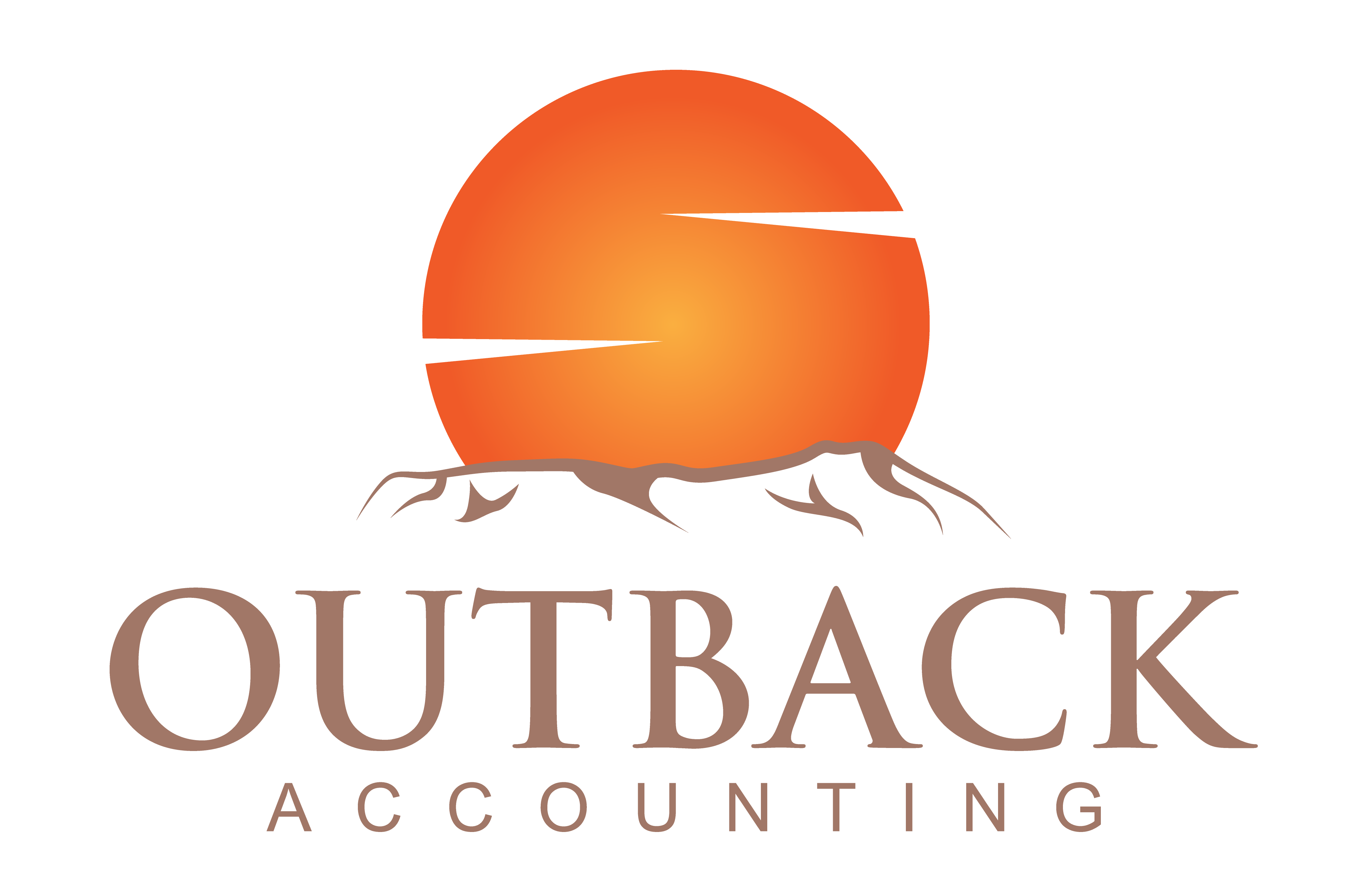Table of Contents
Running a startup sounds amazing until it comes to managing complex finances, tax regulations, and compliance. The freedom, innovation, and the dream of building something extraordinary from scratch motivate entrepreneurs. However, when it comes to invoices, expenses, and tax forms, the reality can be overwhelming. This is when you begin to understand the importance of proper financial planning and bookkeeping in keeping your startup running smoothly and thriving. In this guide, we discuss the top tips that every startup should follow to manage its finances wisely and scale its business growth.
Tip No. 1: Create a Realistic Budget
Whenever you start a business, ensure to create a realistic, well-structured budget from day one to set the tone for the entire business. Effectively calculate your overheads expenses (rent, utilities, software subscriptions, and marketing). Additionally, keep a 10-15% buffer for unexpected costs or surprise expenses. Consider using budgeting tools like Xero or QuickBooks to make tracking your finances easier. Review your business expenses monthly to adjust strategies as needed.
Tip No. 2: Separate Your Business and Personal Finances
Many startup owners make the mistake of mixing their personal and business finances, which can lead to chaos during tax filing and bookkeeping. It is recommended to always create a dedicated business bank account and set up a separate business credit card to keep your business spending transparent. Also, set aside a specific amount as your salary and avoid dipping into business funds casually. Keep the receipts for every business expense, whether it’s for devices, equipment purchases, or subscriptions, and log everything in software for audit and tax purposes. Use digital platforms like Hubdoc and Dext to store your transactions and receipts securely.
Tip No. 3: Manage Cash Flows Like a Pro
Effective cash flow management is essential to keep your startup running, not just profits. Always forecast your income and expenses by creating short-term plans, such as a three-month projection, to identify any potential shortages. Avoid late payments, as they can kill business momentum, and consider automating your follow-ups. Align your vendor payments with customer receipts and cut non-essential costs, such as unused software subscriptions. Instead of investing in redundant tools, pay only for high-quality tools that provide maximum efficiency at a low cost.
Tip No. 4: Understand Your Tax Obligation
If you are a Sydney-based business, it’s crucial to understand Australian tax regulations to stay compliant. First, register for an ABN and GST if eligible, as these are required for most startups in Australia. Always keep your invoices, receipts, and financial data secure. Use digital tools to record everything, as they will assist in tax forms, filing data, and serve as proof. Moreover, consider leveraging the concessions that the ATO provides to startups for effective and flawless tax management. It might also be beneficial to consult a professional accountant in Sydney, especially during EOFY reporting.
Tip No. 5: Plan for Funding and Growth Early
Startups need to plan their capital growth before they actually need it. Ideal funding options include friends and family, venture capital or government grants to keep your business running. Regularly calculate your ROI and track financial KPIs, ensure transparency in your financial statements, and reinvest your profits wisely. Prioritize scalable systems and marketing strategies for better business growth.
Conclusion
Whether you are a startup or a growing business, managing finances and tax obligations can be daunting. That’s why Outback Accounting provides top-notch financial and bookkeeping management services, allowing you to focus on your important business operations while staying relaxed about your financial responsibilities. Our mission is to help businesses concentrate on growth rather than juggling data and tax obligations. Book your consultation with our tax advisor in Sydney and start your journey towards seamless financial growth.
Frequently Asked Questions
Why is financial planning important for startups?
Financial planning is a crucial pillar for any successful startup as it provides a clear roadmap for business growth and sustainability. It helps you make informed decisions and prepares your business to face uncertainties.
What are some appropriate funding sources for startups?
Startups often require funding resources for their initial stability and growth. Options can include bank loans, angel investors, family and friends, venture capital, and crowdfunding platforms. While personal credit cards are another option, they can lead to complications. Consulting experts for proper financial planning can also be beneficial for startups.
How to create a financial plan for growing startups?
To develop a comprehensive financial plan for your startup, begin by clearly defining your financial goals. Next, visualize and prepare for the various scenarios you might encounter as your business grows. Use historical data to create projections and establish a system for maintaining and adjusting your financials. Finally, analyze your financial data in an unbiased manner to derive actionable insights and solid strategies.










